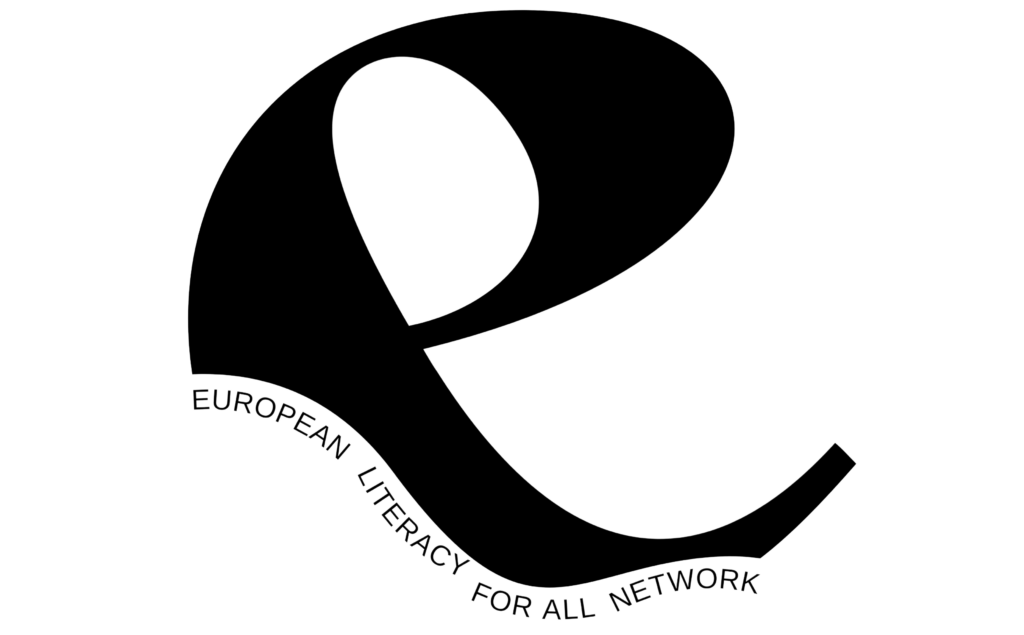How Theatre Helps Students Learn:
The Medea Project
Theatre doesn’t just entertain – in a school setting, it becomes a powerful learning tool. The European Medea Sum project, part of the Erasmus+ 2024–2026 programme, is a strong example of how this art form can make classical knowledge accessible, engaging, and inclusive for all students.
Why Does Theatre Work in the Classroom?
Unlike traditional learning, which often relies on passive reading or listening, theatre actively involves pupils. By stepping into the shoes of characters, debating their decisions, or acting out complex scenarios, students gain a deeper understanding of the texts and the broader issues they raise.
As part of Medea Sum, students explore the myth of Medea through an interactive theatrical investigation. They reconstruct her trial, analyse testimonies from other mythological figures, and ultimately reach a verdict. This process fosters critical thinking, oral expression, creativity, and collaboration – essential skills in today’s educational landscape.
Interdisciplinary and Inclusive Teaching
One of the project’s main goals is to democratise access to classical culture, often seen as elitist. In France, for example, only 15% of students from modest backgrounds choose Latin, compared to 39% of their more advantaged peers. Medea Sum aims to close this gap by connecting ancient myths to contemporary issues such as justice, gender, marginalisation, and power.
The project uses participatory pedagogical methods like surveys and forum theatre to encourage students to reflect on texts through the lens of their own experiences. These inclusive approaches are especially effective for students with learning difficulties or those less comfortable with traditional, text-based education.
Learning Differently: Literature, Theatre and Debate
In each partner school – in France, Belgium, and Italy – students participate in workshops that blend investigation, discussion, and performance. This transforms the study of ancient texts into a dynamic experience where students become authors, actors, and critical thinkers. A final performance will be staged in each school to showcase their work.
Supporting All Learning Styles
Theatre bridges academic learning – such as reading and speaking – with more playful elements like drama and games. Medea Sum incorporates workshops, role-play, and discussions to cater to diverse learning preferences. Some students learn best by doing, others by reading or listening – theatre allows everyone to engage in the way that suits them best.
Bringing theatre into the classroom helps students think, feel, and talk about meaningful ideas. Medea Sum demonstrates how performance can open up big questions around justice, emotion, and social roles – making classical literature not only relevant but transformative.
Resources :
(15 June 2023), Exploring the power of theatre education in the classroom, Europass Teachers Academy
Jessa Moreno, (15 June 2016), Theater in the Classroom: Embodying Creative Inquiry, Education.com
Paul-Olivier Gasq and Mustapha Touahir (October 2015), Le latin au collège : un choix lié à l’origine sociale et au niveau scolaire des élèves en fin de sixième, education.gouv.fr
